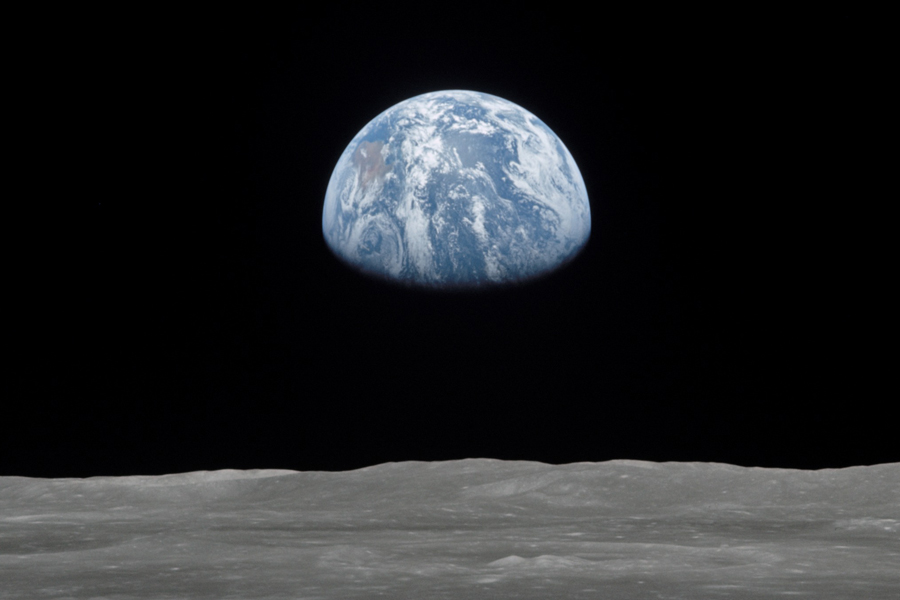
David Wettergreen found himself in the Nevada desert a few weeks ago with a group of his students and a machine named Zoë. The Carnegie Mellon University robot rolled through the desert carrying a spectrometer, a device that measures wavelengths of light in the electromagnetic spectrum. As Zoë used the instrument to analyze minerals, Wettergreen and his crew focused more on what it would decide to do next.
"Robots are usually told exactly where to go and what to do," said Wettergreen, a research professor in CMU's Robotics Institute. "We're giving Zoë the flexibility to make its own choices. We're allowing it to take measurements and make comparisons, then use planning strategies to decide where it should next explore to find similar minerals and efficiently conduct its investigation. Autonomy is our main goal."
Autonomy may also be the next frontier in space exploration. It's what Wettergreen points toward as the world looks back on the 50-year anniversary of the first humans landing on the moon.